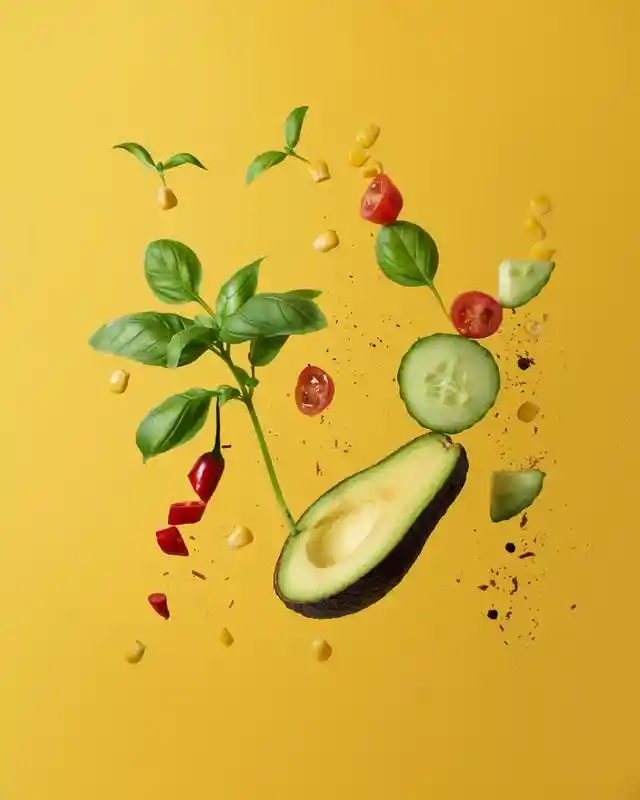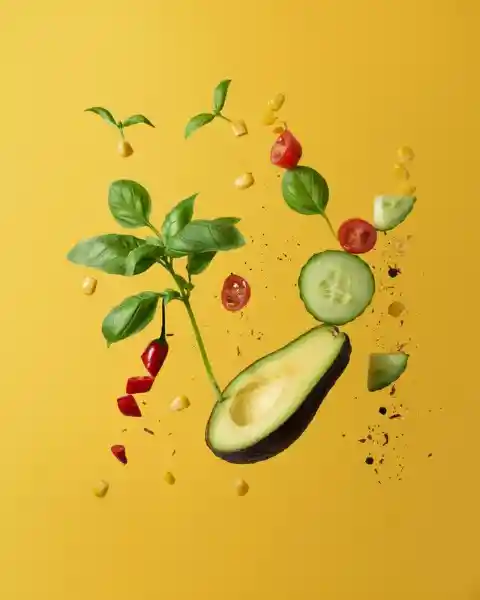Do you often feel sleepy after eating even though you still have a lot to do? We explain why and how to prevent it.


It might sound familiar. You're working hard in the morning, after which you crave a hearty lunch to get you through the afternoon. But instead of working hard like in the morning, you suddenly feel like you could fall asleep. Very irritating, of course, especially when you still have a lot to do. Several theories can explain this tired feeling after eating.
Alertness and circulation
The first explanation is that we are alert and awake when we are hungry. After all, this is necessary to eventually get food. Then, when you start eating and your stomach is filled, the "alertness signals" decrease and you become increasingly tired. Another theory has to do with your blood circulation. It is said that extra blood goes to your intestines to digest food. As a result, less blood flows to the brain, making you feel more tired. There is just no scientific evidence for this yet.
Foods rich in salt and protein
American research has shown that eating foods rich in salt and protein increases the risk of an after-food dip. According to the research, sleep can favorably affect the way protein is digested. So going to sleep after eating is good for your digestion.


Healthy meal
A 2018 study of truck drivers found that they were less likely to get sleepy after eating a healthy meal with good fats and vegetables. Processed meats and fast foods, on the other hand, actually increase an after-food dip. Meals high in carbohydrates cause a rapid increase in blood glucose levels, and to get rid of the glucose, a lot of insulin is produced at once. At first, it seems that this gives you energy, but this quickly turns into a tired feeling. In people who are sensitive to it, this fluctuation can even cause palpitations.
High-fiber products and small portions
Of course, we all want to have a productive afternoon after lunch. In that case, it is better to skip fatty snacks and high-carbohydrate products. Instead, opt for a salad or any other easily digestible meal. In addition, it helps to eat high-fiber products. This is because they cause your meal to be digested more slowly, allowing sugars to enter your bloodstream gradually. It can also help to eat smaller portions instead of one large meal.